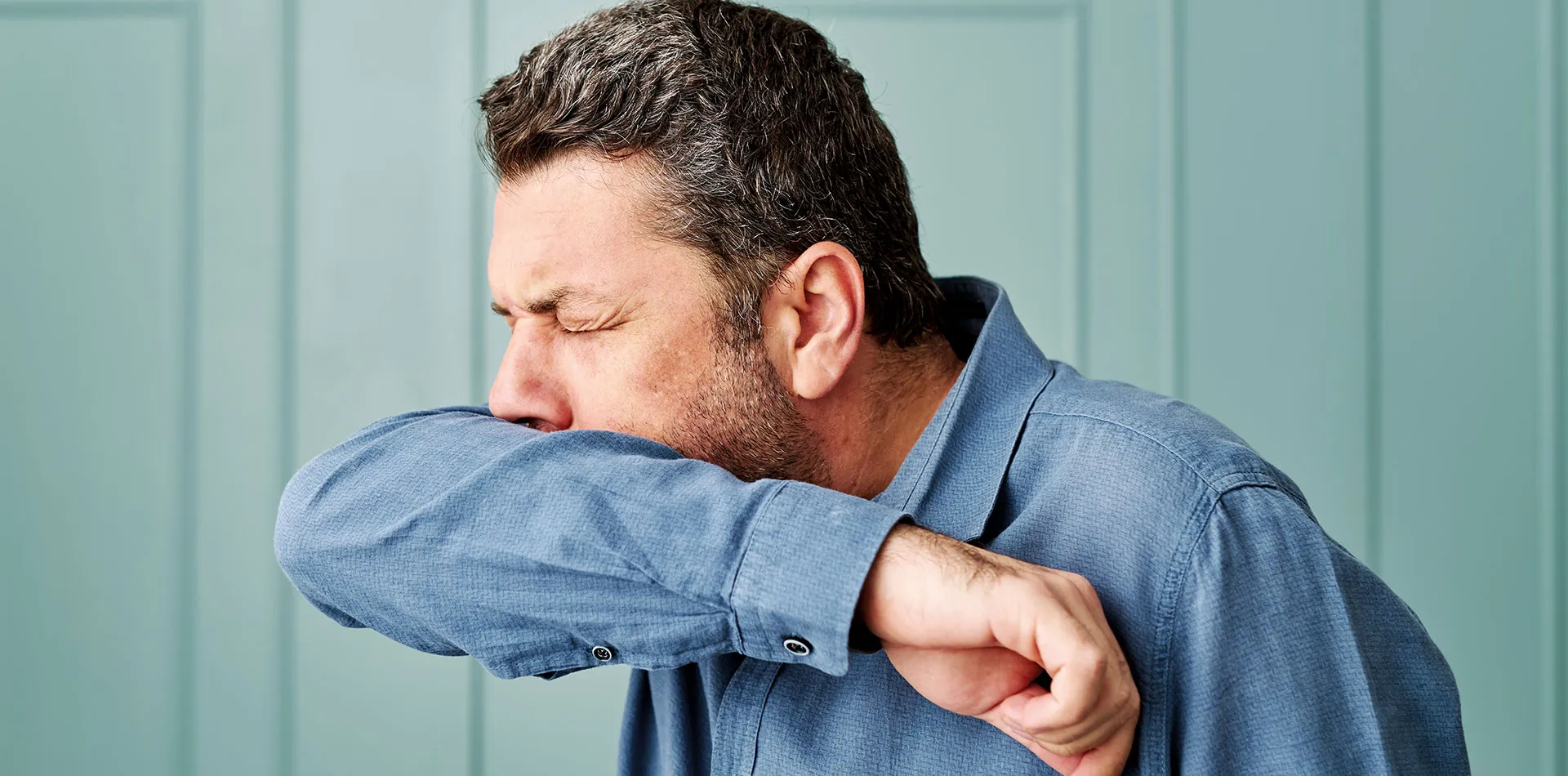
As the name suggests, cough headaches are triggered due to cough and even caused by other types of strains like sneezing, blowing your nose, crying, singing, laughing, bending over, or having a bowel movement.
Cough headaches can be primary, usually harmless, and they improve on their own. Then there are secondary cough headaches, also known as symptomatic cough headaches, more severe types that result from problems within the brain. The treatment for these secondary cough headaches is surgery.
Primary cough headaches usually start suddenly with or after coughing or other kinds of strain. These typically last a couple of seconds to minutes and sometimes up to two hours. They cause a sharp, stabbing or splitting pain in the front of the head, and affects both sides of your head and is followed by a slow, aching pain that stays for hours.
Secondary cough headaches come with similar symptoms as primary cough headaches, but usually, headaches stay longer, also causing dizziness, unsteadiness, fainting and numbness in the face or arms.
See your doctor when you experience sudden headaches after coughing, mainly when these occur frequently, are severe, and you notice other signs like imbalance or blurred or double vision.
The reason for primary cough headaches is unknown. Secondary cough headaches may occur due to a defect in the appearance of the skull or fault in the cerebellum - the portion of the brain that controls balance.
It happens when a part of the brain is forced via the opening at the skull base (foramen magnum) that only has the spinal cord. Other reasons are a brain tumor, a spontaneous cerebrospinal fluid leak, weakness in one of the blood vessels in the brain (cerebral aneurysm) and another defect in the brain known as Chiari malformations.
People over 40 years are more at risk of having primary cough headaches, and men have a greater chance of getting this type of cough headache.
People younger than age 40 have a high risk of secondary cough headaches.
Preventative steps are to limit and lessen actions that activate cough headaches, including treatment of lung infections, such as bronchitis, taking an annual flu shot and stool softeners to avoid constipation. Also, medications that trigger coughing as a side effect must be avoided and minimize heavy lifting or long periods of bending activities.
Patient Experience